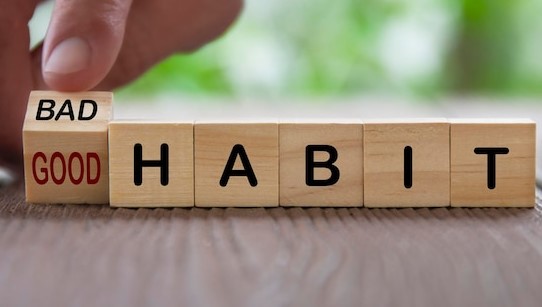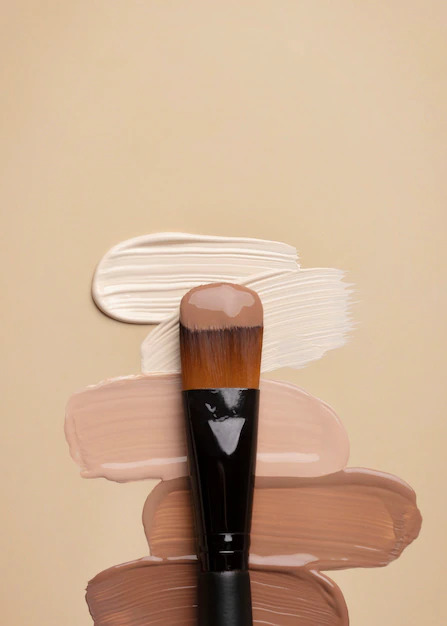Your twenties are a time of development and self-discovery, but they can also be a time when you form bad habits that may have an adverse effect on your long-term health and happiness. In this article, we'll talk about some tactics for creating good habits and getting rid of bad ones when you're in your twenties.
Identify your habits
Identifying bad habits and forming healthy ones is the first step in both processes. Consider your daily routines and habits, both good and bad, for a moment. Make a list of them and think about how they affect your overall well-being, relationships, work, and health.

Start small
It can be tempting to try to change every habit and overhaul your entire life at once, but this approach is frequently exhausting and unsustainable. Instead, make just one or two small adjustments at first that you can realistically maintain. If you want to eat healthier, for instance, start by including more fruits and vegetables in your meals; if you want to exercise more, start by taking a daily 10-minute walk.
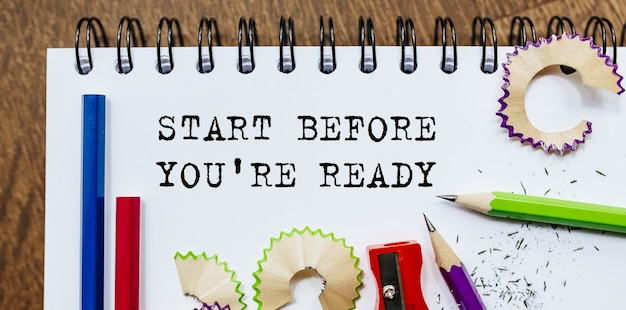
Set goals
Setting goals is crucial to developing good habits. Ensure that your objectives are smart: specific, measurable, achievable, relevant, and time-bound. For instance, if you want to exercise more, one of your objectives might be to visit the gym three times per week for a total of 30 minutes. Having a clear goal will help you stay motivated and track your progress.

Create a routine
You can establish good habits by developing a routine. Set aside specific times for activities such as exercise, meal planning, and self-care. You can avoid decision fatigue and find it easier to maintain good habits if you have a routine.

Replace bad habits with good ones
Even though breaking bad habits is not simple, it is possible. To replace bad habits with good ones is one tactic. Find a more healthy way to deal with stress, such as going for a walk or practicing meditation, if you frequently eat junk food as a stress relief strategy.
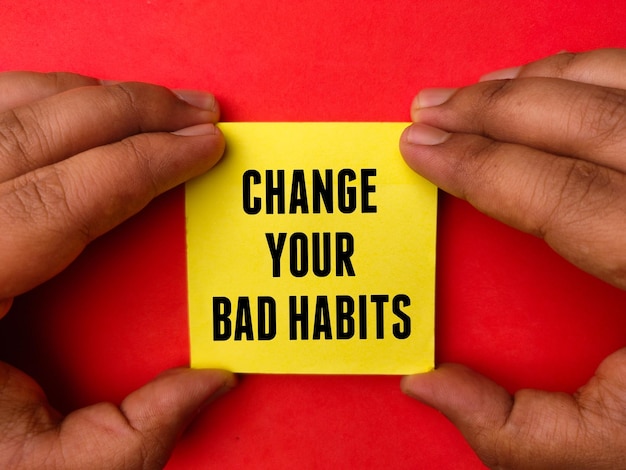
Get support
With support from others, developing good habits and kicking bad ones are frequently made simpler. Find a friend or relative who can encourage you, hold you accountable, and share your goals. You can also consider joining a support group or working with a health coach.

Practice self-compassion
It takes time and effort to break unhealthy habits and form healthy ones. It's important to practice self-compassion and be patient with yourself. If you slip or make a mistake, don't beat yourself up. Instead, acknowledge it, learn from it, and move on.
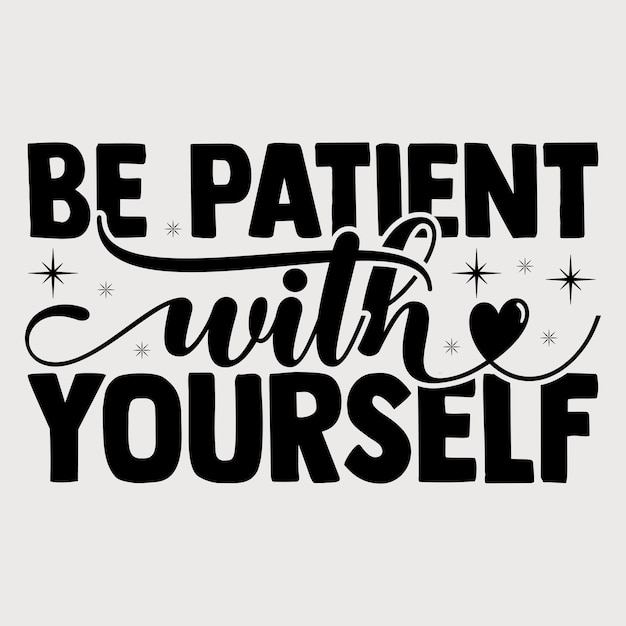
Developing good habits and kicking bad ones in your twenties is crucial for your long-term health and wellbeing.

